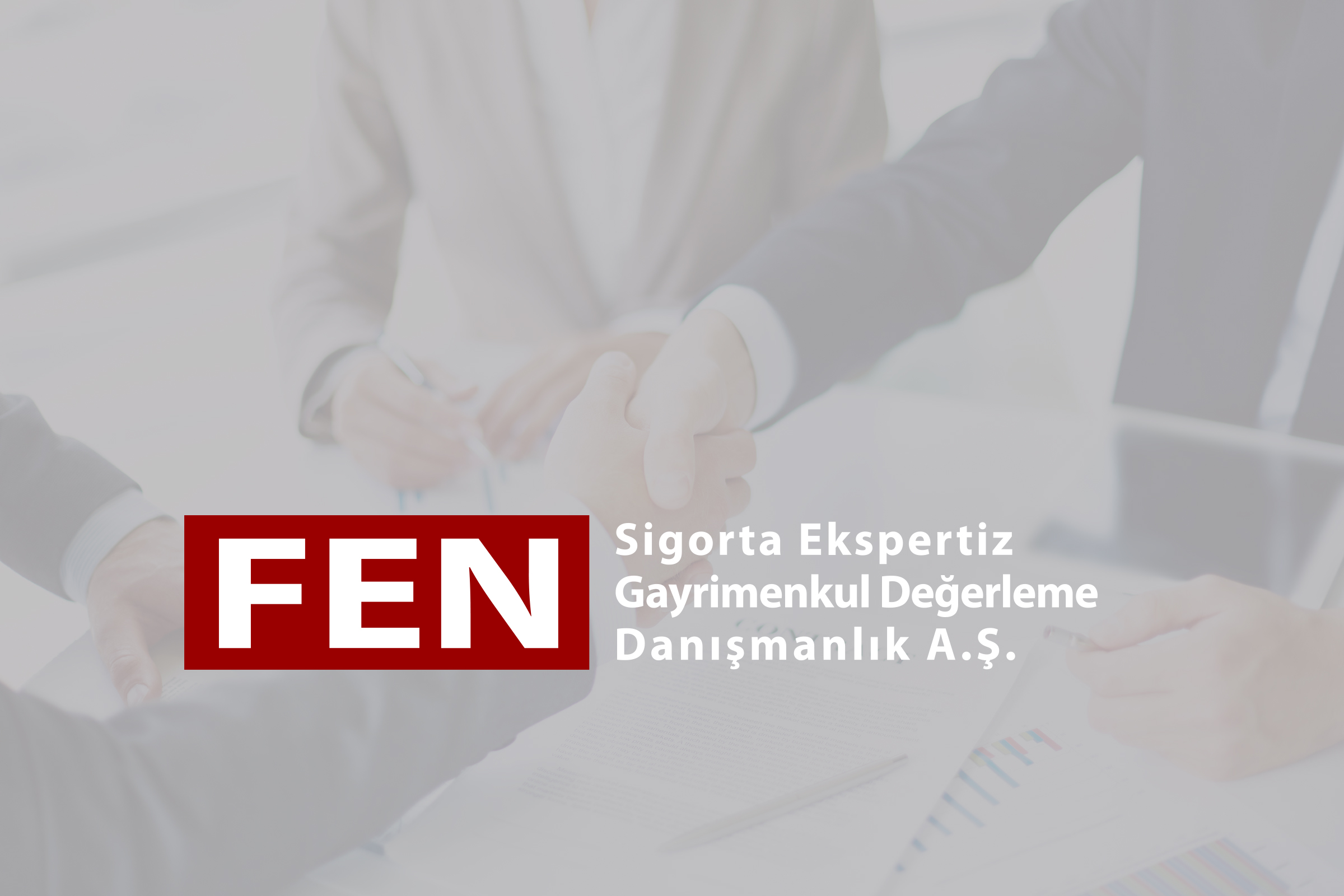
TURKEY EARTHQUAKE GENERATION:
Turkey is located on the Alpine-Himalaya seismic belt, which is one of the active seismic belts of the world. 42% of our country's surface area is on the first degree seismic belt. The most important precaution to be taken is to know the characteristics of the earthquake very well and to take the necessary precautions in a timely manner.
The main earthquake zones in our country are:
a)North Anatolian Seismic Belt: The northern Anatolian seismic belt, which extends in the east-west direction in the northern part of Turkey, has a length of approximately 1500 km. In the Marmara Region; It starts from the Gulf of Saros and extends to the Aras Valley in the Eastern Anatolia Region.
b) Southeast Anatolian Earthquake Belt: It extends from the Gulf of Iskenderun to the east of Van by drawing an arc. Hatay, Kahramanmaraş, Adıyaman, Malatya, Elazığ, Bitlis and Van are in this generation.
c)Western Anatolian Earthquake Zone: There are some active fault lines along the Bakırçay, Gediz, Küçük and Büyük Menderes depressions in the Aegean Region. This earthquake belt; It includes Ayvalık, Dikili, İzmir, Aydın, Denizli, Isparta and Akşehir.
Our country is divided into five regions in terms of earthquake hazard:
I. degree earthquake zones; It covers the areas stretching along the fault lines of North Anatolia and Southeast Anatolia, the Aegean Region and the Lakes Region.
II. degree earthquake zone; It surrounds the first degree earthquake zones.
III. and IV. degree earthquake zone; Northern Thrace, Black Sea coast. It covers the periphery of Central Anatolia and the south of Southeastern Anatolia.
V. Degree earthquake zone; The area between Tuz Gölü and the Mediterranean coast has the least earthquake hazard.
It is a fact that some of our big cities were established on 1st degree earthquake zones and more than half of our population lives in these areas. Turkey is one of the leading countries in the world in terms of earthquake risk. The two most effective ways to reduce the damage caused by earthquakes are to build earthquake resistant structures and to educate the society against earthquakes. Beyond that, the work to be done and the rules to be followed during and after the earthquake are very important, especially in terms of reducing the loss of life.
Bu kaynak metin hakkında daha fazla bilgiEk çeviri bilgileri için kaynak metin gerekli
Geri bildirim gönder
Yan paneller
The Duties of Experts are;
A) The main task of the expert is , to observe and identify the reasons and amounts of risks resulting from loss or damage.
B) Experts, subject to the condition that the insurance, shall prepare preliminary examination reports before the agreed value contract. Before the damage they can make the observations of damage risks.
C) After receiving the expert mission, if one expert is in a condition of not completing the task because of any reason, other parties can appoint another expert. And also they have a right to demand from Executive Committee to draft another expert.
ROAD VEHICLES
FİRE, NATURAL DİSASTER, ACCİDENT AND ROBBERY
COMMODITIES AND TRANSPORTATION RELATED VALUES
AIR, SEA AND RAILWAY VEHICLES
CREDIT AND FINANCE
FIDELITY, LEGAL PROTECTION AND SUPPORT
AGRICULTURE AND ANIMAL LIFE
Insurance Expert (Motor Vehicles-Accident), in accordance with the general principles of operation of the business, vehicles, using supplies and equipment efficiently, worker health, their safety and environmental protection regulations and the profession in accordance with the efficiency and quality requirements;
- Provide information about the transactions, to the damage owner,
- Ensure the preparation of documents related with damage
- Collection of documents about related damage,
- Controlling of documents, the accident reports, statements and minutes of the eye, the proceeding of alcohol report,
- To determine the identity of the damaged vehicle,
- To control the general condition of vehicle
- To check the tracks occurred in the damaged parts,
- Inspect damaged parts
- To check the mechanical parts of the vehicle,
- Make a list of the parts to be replaced,
- Making the price surveyof pieces,
- To determine the cost of labor,
- To determine the duration of the reparation of the vehicle,
- To edit the amount of damage reconciliation certificate
- To Edit appraisals,
- It fulfills tasks and processes to national reasure financed the recording / writing reports, etc.